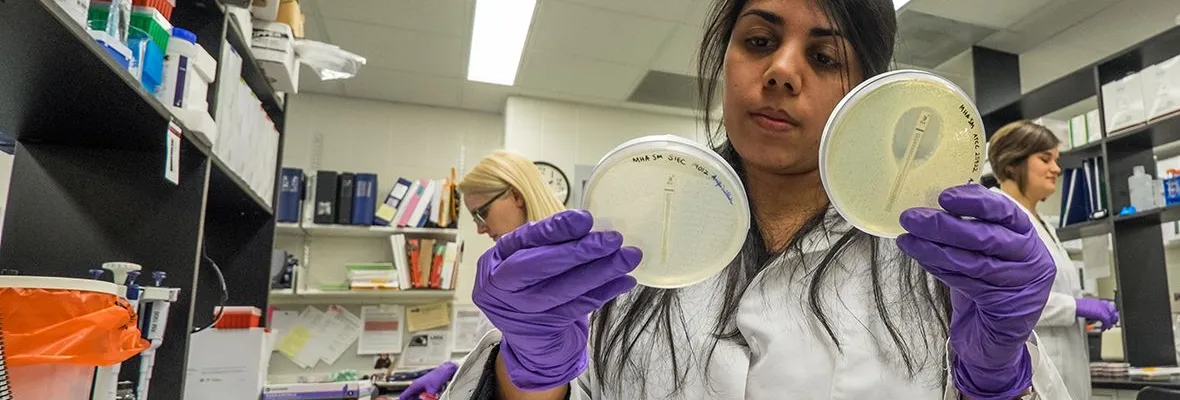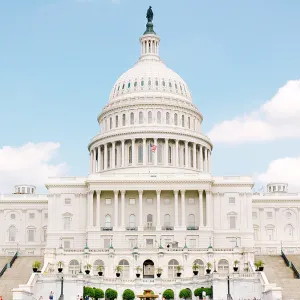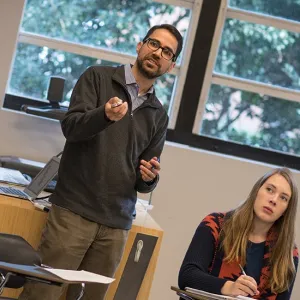America's leading research universities guard our nation's security by protecting knowledge, trade secrets, and classified information from foreign interference. In fact, AAU members have a vested interest in making sure this is the case. AAU works closely with its members and the government to ensure that appropriate security measures are in place at all times. Our members also work hard to strike a balance between two key priorities. One, that research must remain open to succeed. The integrity of our nation's research depends on it. On the other hand, some sensitive data must also be protected. AAU and APLU have jointly written a guide to help our members deal with this issue. The guide provides principles and values that steer our actions and helps universities limit risks.
Body

As lawmakers consider measures related to securing federally funded research data and intellectual property, it is important to understand the current state of play for research security in the country to avoid new requirements that are duplicative, unnecessary, or counterproductive

One pager for advocacy focused on securing scientific research against foreign threats.

AAU Statement on the House Committee on Science, Space, and Technology Hearing "Examining Federal Science Agency Actions to Secure the U.S. Science and Technology Enterprise."

This resource document identifies key terms; effective practices proposed by institutions and government and non-government entities; links to various government and non-government entity lists, and topical analysis and proposed policy recommendations in several key areas..
Search Our Key Issues Library
Browse recent items or search for a specific topic or document.
AAU shared key policy recommendations with candidates at the first presidential debate hosted by Case Western Reserve University and the Cleveland Clinic.
Student Aid | Science & Security | Immigration | Recommendation | Research Administration & Regulation
AAU and APLU sent a letter to House and Senate Armed Services Committee Leaders to outline critical policy provisions that negotiators should include in the final S. 4049/H.R. 6395, the FY21 National Defense Authorization Act
FBI’s Counterintelligence Division prepared this bulletin to inform academia regarding China’s information collection activities targeting intellectual property, sensitive information, and research at U.S. academic institutions.
State Department Under Secretary for Economic Growth, Energy, and the Environment Keith Krach sent a letter to the governing boards of American colleges and universities and their affiliates seeking their assistance to safeguard American technology and institutions to ensure national and economic security remain safe and free from foreign interference.
The FBI prepared a Liaison Information Report (LIR) to inform academia financial offices and other financial institutions about telephone-based scams targeting Chinese citizens on student and/or work visas.




